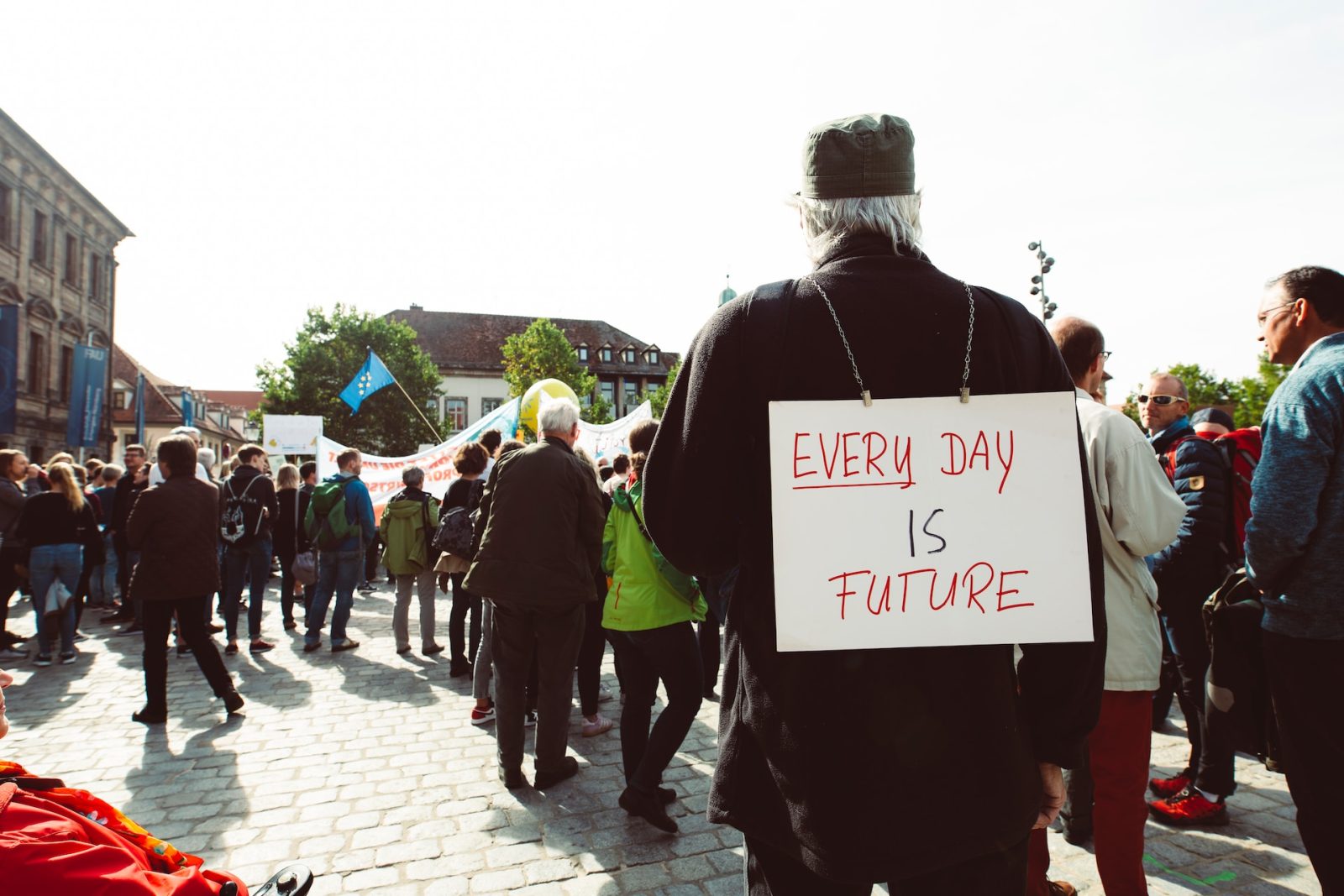The Political System of the UAE: Stability, Progress, and Tradition
uae political system

The Political System of the UAE: Stability, Progress, and Tradition
The United Arab Emirates (UAE), a country known for its rapid modernization and economic prosperity, has a unique political system that combines traditional governance with modern structures. This distinctive blend of tradition and progress has played a vital role in the nation’s stability and development.
Key Features of the UAE’s Political System
The Federal System:
The UAE is a federation of seven emirates, each with a hereditary monarch. These emirates are Abu Dhabi, Dubai, Sharjah, Ajman, Umm Al-Quwain, Ras Al Khaimah, and Fujairah. Together, they form a federal state, with a central government in Abu Dhabi.
Hereditary Rulers:
Each emirate is ruled by a hereditary monarch from the Al Nahyan family, with the exception of Dubai, which is ruled by the Al Maktoum family. These rulers hold both federal and emirate-level powers, including control over natural resources.
Supreme Council of Rulers:
The highest federal authority in the UAE is the Supreme Council of Rulers. This council is composed of the rulers of each emirate, and they elect a President and Vice President from among themselves. The President of the UAE is also the ruler of Abu Dhabi, while the Vice President is the ruler of Dubai.
Cabinet:
The UAE has a federal cabinet led by a Prime Minister. The cabinet members are selected by the President and approved by the Supreme Council of Rulers. The cabinet is responsible for implementing federal laws and policies.
Federal National Council (FNC):
The FNC is a consultative parliamentary body with members representing each emirate. While it doesn’t have legislative powers, it plays a crucial role in discussing and proposing legislation and policies.
Political Stability and Progress
The UAE’s political system has been pivotal in maintaining stability and fostering progress in the nation. The cooperation among the emirates, the strong leadership provided by the rulers, and the focus on modernization have all contributed to the country’s success.
Visionary Leadership:
The UAE’s leaders have been instrumental in the nation’s transformation. Their visionary approach, forward-looking policies, and commitment to development have propelled the country to the forefront of the global stage.
Economic Prosperity:
The political system has provided a stable environment for economic growth and diversification. The UAE has successfully transitioned from an oil-dependent economy to a diverse and dynamic one, embracing sectors like tourism, technology, and finance.
Global Diplomacy:
The UAE’s foreign policy has earned it a respected place on the world stage. Its leaders have cultivated diplomatic ties with nations across the globe, further enhancing the country’s international influence.
Social Development:
The political system has enabled the UAE to invest in education, healthcare, and infrastructure, improving the quality of life for its citizens and residents.
Tradition and Modernization
The UAE’s political system is a reflection of the nation’s commitment to preserving its cultural heritage while embracing modernization. Traditional values and customs are deeply respected, and they coexist harmoniously with contemporary governance structures.
Conclusion:
The political system of the UAE is a distinctive model that blends traditional governance with modern mechanisms. This model has been instrumental in driving the country’s stability, progress, and prosperity. It underscores the nation’s commitment to its cultural heritage and its aspiration to play a significant role in the global arena.
As the UAE continues to evolve and expand its influence, its political system remains a crucial element of its identity and success. It is a testament to the nation’s ability to balance tradition and progress in its journey toward a prosperous future.












Leave a comment